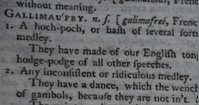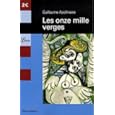It’s long past time to abolish the Censorship of Publications Board

The Censorship of Publications Board was established by section 3 of the Censorship of Publications Act, 1929 (also here), with the power (under section 6 (also here)) to prohibit the sale of any book which
… is indecent or obscene or advocates the unnatural prevention of conception or the procurement of abortion or miscarriage or the use of any method, treatment or appliance for the purpose of such prevention or such procurement …
Its procedures are governed by the Censorship of Publications Regulations, 1980 (SI No 292 of 1980), and the Department of Justice website contains the Register of Prohibited Publications of December 2009 (here: pdf). A piece by John Byrne in today’s Irish Times (with added links) not only reinforces my view that we no longer have need for such paternalism, but also gives grounds for optimism that we will soon no longer be subject to it:
…What a shocker: no more books to ban
After 80 years of censorship from a board once internationally notorious for its prurience, the last remaining book to be banned in Ireland on the grounds of obscenity will have its prohibition lifted this year, …
On May 9th, 1930, a year after the passing of the initial Censorship of Publications Act, [Aldous] Huxley’s novel [Point Counter Point, above left] became the Act’s first casualty.




 I’m sorry not to have been able to acknowledge the celebration of
I’m sorry not to have been able to acknowledge the celebration of